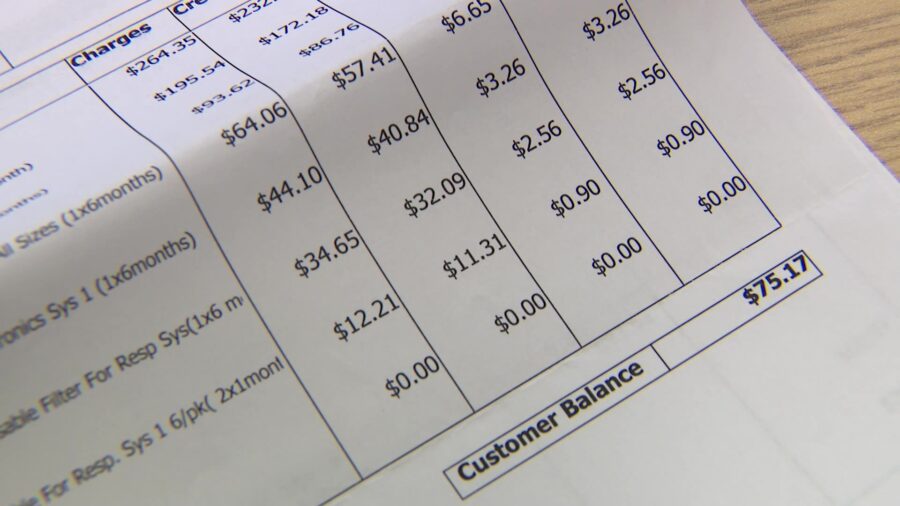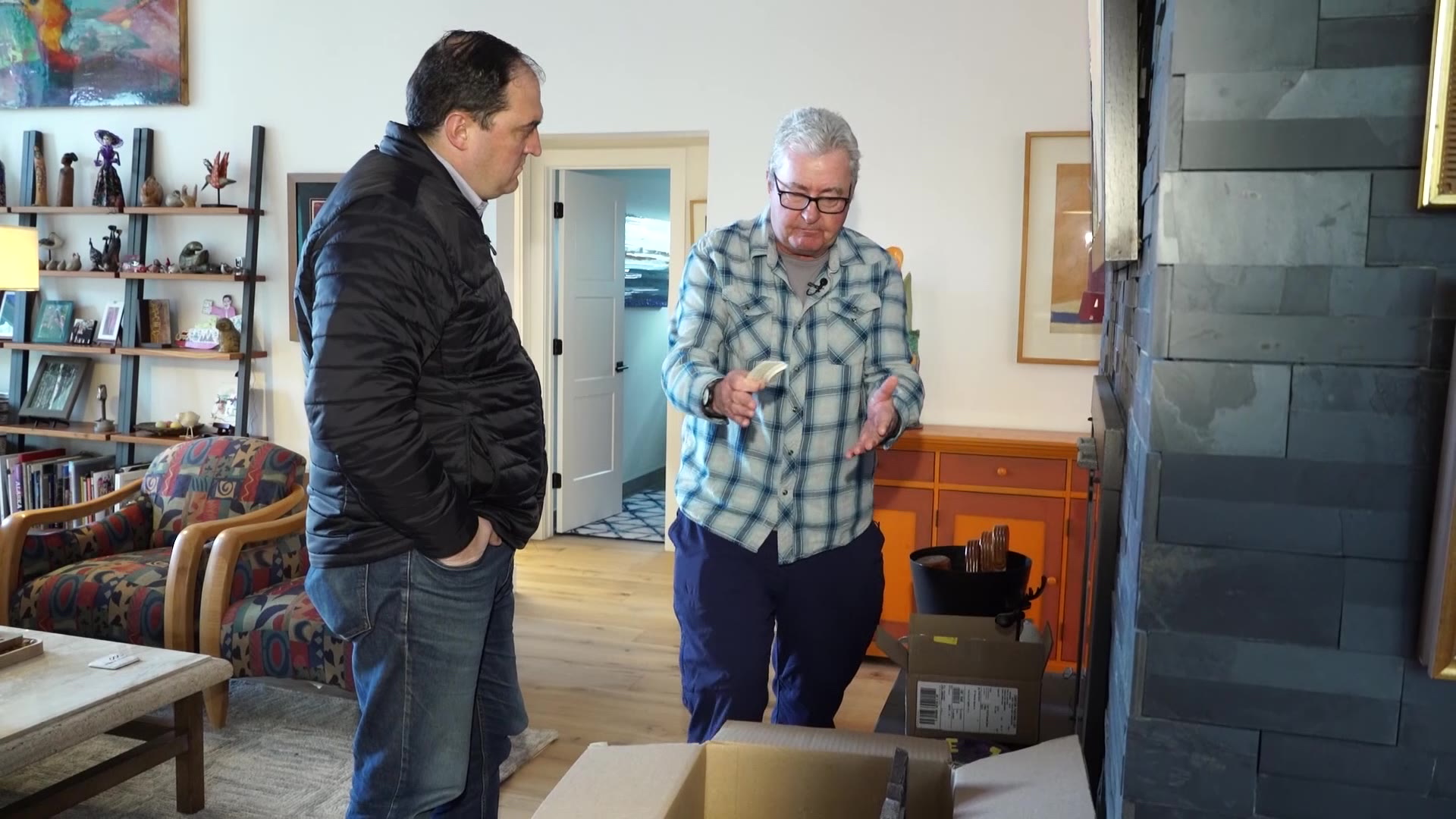From flea markets to asking for a raise: Here’s how to haggle
Oct 11, 2021, 11:15 PM | Updated: Jun 19, 2022, 10:02 pm
SALT LAKE CITY – Who doesn’t love scoring a bargain? In many cases, all you have to do is ask. But it involves a practice that can make many of us feel uncomfortable: Haggling.
The art of negotiating a price is a common practice at the Urban Flea Market in downtown Salt Lake City. Many vendors love haggling with their buyers. Carrie Galloway doesn’t even bother with price tags for the items she sells.
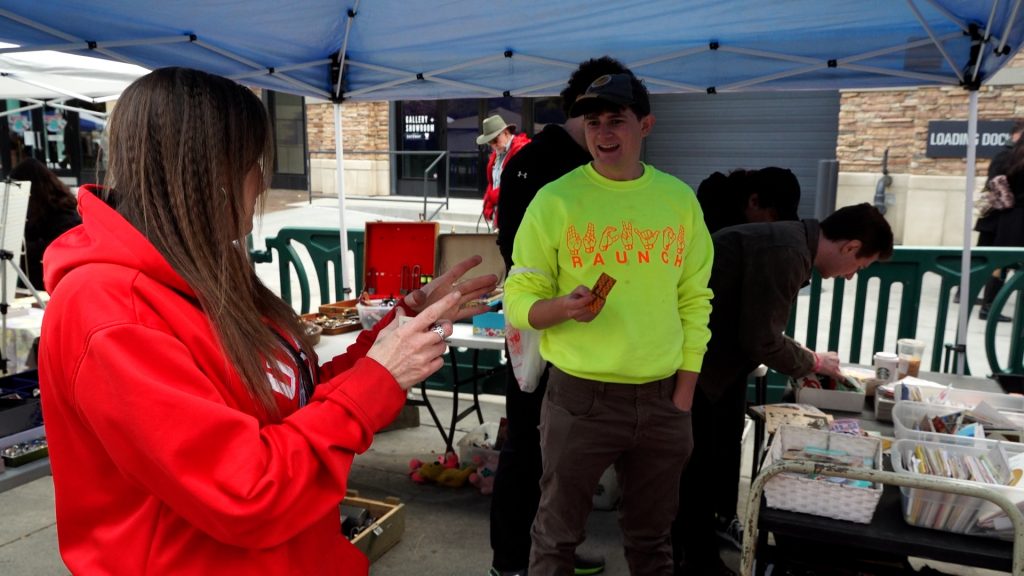
Urban Flea Market vendor Carrie Galloway doesn’t even bother with price tags because she says she is open to almost any deal offered by buyers.
“Usually, someone will ask me for one thing, and I’ll be like, ‘Well, do you want anything else?’” Galloway told us. “Right about now, I’ll give anyone just about any deal they want.”
Jesse Draper said not only does he welcome haggling at his curio stand, but he also finds it to be fun.
“It doesn’t hurt to ask; it never hurts to ask if you’re polite. If you’re rude, then it’s no good,” he said with a laugh.
Anyone can haggle
Assuming you don’t do most of your shopping at a flea market, you are likely more accustomed to the, shall we say, “normal” consumer transactions at a typical store: You check the price, factor in a couple shekels for tax or maybe shipping fees for online shipping, and pay.
But that shopping custom has most of us wasting money, said Jeff Cochran of the Shapiro Negotiations Institute.
“We’ve just made a decision as our society that we’re going to put price tags on things and we’re going to buy in that way,” he said.
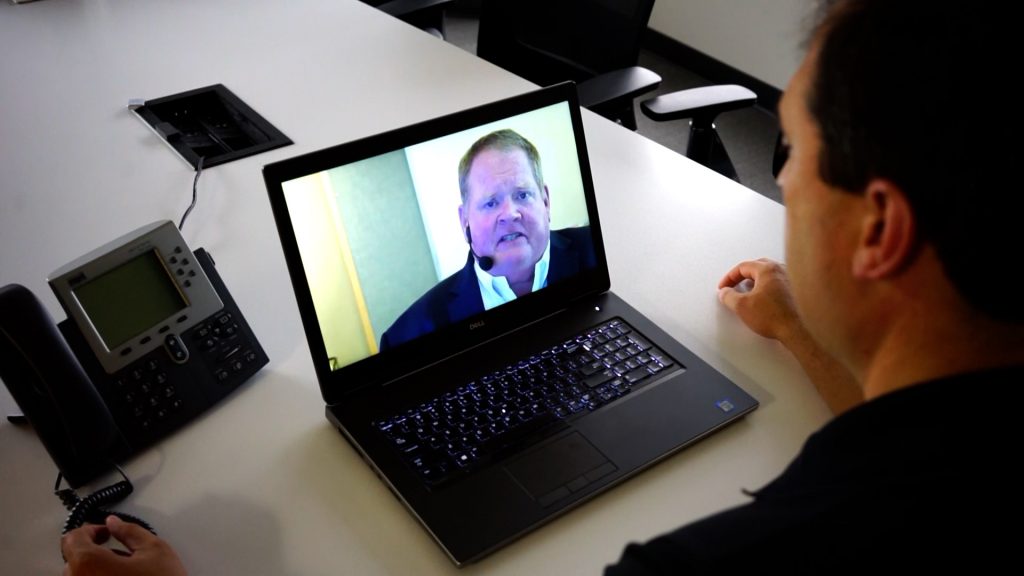
Jeff Cochran of the Shapiro Negotiations Institute says anyone can haggle. A good place to start is to build rapport with the person on the other side.
Cochran is a professional haggler. He makes a living by coaching individuals and business teams on how to negotiate, which is generally something that makes people uncomfortable.
“So, when we negotiate, we have to find the mode or the methodology with which we feel most comfortable,” he explained.
Building rapport
The first step is to build rapport. Cochran said small talk can do that. It helps set up trust and positivity while showing the other party you are genuine. Smile. Be polite. Be interested.
“One of the things that just about anybody can do is build rapport. If you can build rapport with the salesperson and get the salesperson, even in some way, just a little bit on your side,” Cochran explained. “We all know the famous conversation where the guy says, ‘I don’t know, let me go check with my manager.’ Well, he goes to check with his manager, don’t you think you’d probably get a better deal if he’s thinking it’s him and me against the manager instead of him and the manager against you?”
How to strike a deal
Haggling is something you can do anywhere if the person on the other end is open to striking a deal.
This consumer investigation was fun. The amount of *STUFF* out there where the price tag is merely a suggestion was eye opening to me. See ya tonight on @KSL5TV news at 10PM. @KSLInvestigates pic.twitter.com/igjIHk7Etk
— Matt Gephardt KSL (@KslMatt) October 11, 2021
“Prices are escalating. There are fewer buyers in many areas. So, for me to move my product or to move my inventory, of course I’m willing to negotiate,” said Cochran.
A study from Consumer Reports found 89% of those who haggled were rewarded at least once. On items such as jewelry, antiques, and cell phone plans, the report found the price came down an average of $100 for those who asked. Electronics and appliances came down an average of $200. For medical bills and furniture, $300 was the average savings for those who haggled.
When haggling, it’s also important to consider options. Sometimes the seller isn’t willing to come down in price, or a salesperson may not always be authorized to wheel and deal, but you could still negotiate potential add-ons. The car dealer might be able to throw in free oil changes. The landlord might consider covering the utilities for a year. Or the front desk clerk at a hotel can upgrade your room.
“Because all of the sudden, we’ve made it easy for them to follow the rules,” explained Cochran. “And in return, they’re going to make it an easier night’s sleep on us by giving us the room upgrade.”
Negotiating your compensation
Haggling is not just reserved for negotiating the purchases of goods and services. We already do it several times a day: from bargaining with coworkers over a project, to bargaining with our kids on screen time, to deciding with our spouses on where to go for dinner.
You can also negotiate your salary. But if you’re looking for a pay bump, don’t wait until the end of the year. Start the conversation now, said negotiations expert Fotini Iconomopoulos.

When you negotiate for your salary, negotiations expert Fotini Iconomopolous says come to your boss prepared with realistic expectations.
“If you’re waiting for that moment, what happened was weeks or even a month before that a bunch of people sat in a room and said, ‘Hey, we only have this much money to give on salary increases this year. Who should we give them to?’” Iconomopoulos said. “So those decisions were already made. The negotiation was done when you weren’t even in the room with a bunch of folks who have authority over your salary.”
Iconomopoulos said when negotiating for a salary increase, don’t start high and expect your boss to meet you somewhere in the middle.
“When you’re dealing with someone like a hiring manager, or a colleague, or HR or somebody like that, if you go really extreme, they go, ‘Wait, what is this nonsense?’” she said. “You’ve got to be a little bit more realistic because there’s now trust involved and the more trust there is, the less extreme we go. That doesn’t mean that you start exactly where you want to finish. It just means that you got to get a little bit aspirational, but you also have to be credible in these circumstances.”
That means doing the research before going to your boss.
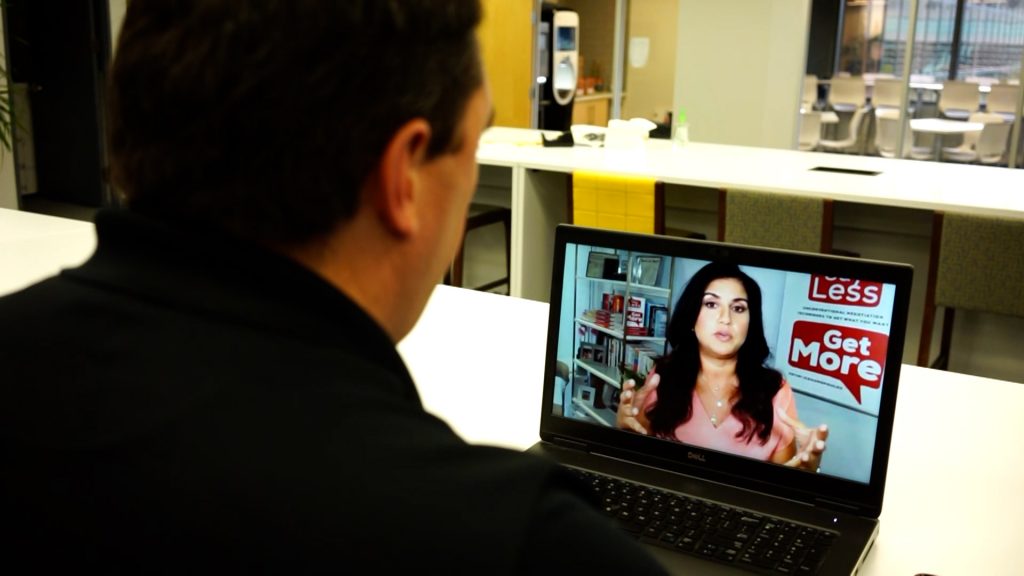
Negotiations expert Fotini Iconomopoulos explains why it is necessary for people to research and prepare before negotiating their compensation.
“Based on my skillset, my experience, what I bring to the table, what the market conditions are, what are market standards like, what are average salaries like,” Iconomopoulos explained. “So put yourself at the top end of all of that research that you’re getting out there and then you have a little bit of wiggle room to come a little bit further down.”
Iconomopoulos said that sort of preparation can bring you confidence when it comes to haggling.
“Maybe you didn’t get what you wanted in this negotiation, but you’ve learned something about how to present yourself, how to look more credible,” she said. “They know now that they can’t push you around quite so easily, that you’re just not going to take everything they say at face value. So, you’re building a lot more credibility and confidence at the same time.”
Preparation can also put you in the headspace Iconomopoulos said really matters in negotiating.
“If you don’t have the right mindset going in, it’s going to come out of your mouth in like verbal diarrhea,” she said. “It’s just not going to come out very well.”
And that goes for whether you are haggling for your pay, a new set of wheels, or a really cool gizmo you spotted at the flea market.



